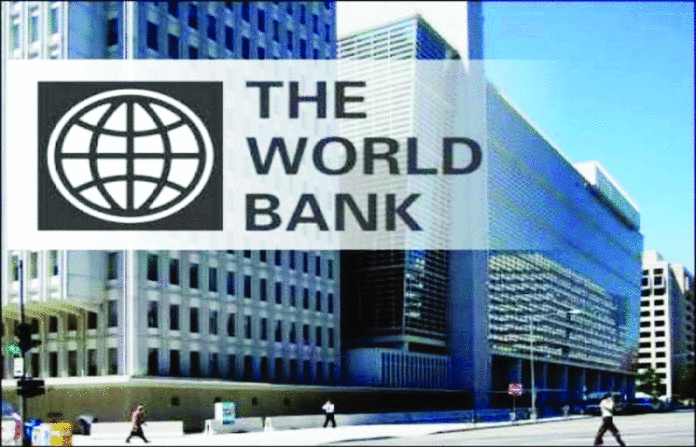The World Bank has emphasized the need for a comprehensive package of structural reforms to complement tariff reforms and unlock export-led growth in Pakistan. In its economic policy note, “From Inward to Outward: Pakistan’s Shift Towards Export-led Growth,” the World Bank stated that recent shifts towards higher tariffs have exacerbated existing constraints on businesses, undermining the competitiveness of Pakistan’s exports.
The report highlighted that Pakistan’s business and investment climate is already strained due to an unaligned exchange rate regime, high energy costs, regulatory complexity, limited access to finance, and the dominance of state-owned enterprises. Import tariffs on raw materials and intermediates, the World Bank said, have further undermined firm productivity, sales, and wages. This has been particularly challenging for firms when duty exemption schemes are poorly implemented or inefficient.
The World Bank noted that over the past decade, Pakistan’s tariffs have increased significantly after reaching their lowest levels in the early 2000s. Tariffs have been raised largely due to the expanded use of para tariffs, including regulatory duties and additional customs duties. These higher tariffs have often been used to protect domestic industries from foreign competition, but they have also resulted in market distortions and selective protectionism. The World Bank warned that the current tariff structure, which includes high average rates of protection, cascading import duties, and discretionary exemptions, is detrimental to export growth.
Pakistan’s export performance has remained weak despite the increased tariff protections. Exports, which accounted for over 15% of GDP in the 1990s, have declined to just over 10% in 2024, which is one of the lowest figures in the region and among middle-income countries. The report indicated that many key export categories have stagnated or seen declines in market share and value chain diversification. Import tariffs on finished products have also distorted resource allocation by encouraging firms to produce for the domestic market instead of export markets, further limiting export growth.
The World Bank’s report outlined several initiatives aimed at improving tariff policy and creating a more favorable environment for export growth. These include transferring the tariff policy mandate from the Federal Board of Revenue (FBR) to the National Tariff Board, an inter-ministerial body, and institutional reforms to streamline the trade and investment process. More recently, the government has shown commitment to structural reforms, such as the planned privatization of state-owned enterprises, energy sector reforms, and an accelerated business regulatory reform agenda.
The World Bank also welcomed the launch of URAAN Pakistan in December 2024, a five-year economic blueprint aligned with the Prime Minister’s Economic Transformation Agenda. Both documents focus on export-oriented growth strategies, but the World Bank stressed that tariff reforms need to be accompanied by broader reforms to create a more competitive and supportive environment for exports.
Key recommendations for complementary reforms include ensuring a fully market-determined exchange rate, fast-tracking energy sector reforms to lower energy costs for businesses, enhancing trade finance to provide affordable financing for exporters, and streamlining business regulations. The World Bank also suggested the establishment of a National Regulatory Delivery Office and emphasized the need for leadership in competition authorities and progress on insolvency reforms to strengthen investor confidence.
The World Bank concluded that Pakistan’s export growth potential can be unlocked by addressing these structural issues, which will provide a foundation for sustainable economic growth and competitiveness in the global market.




